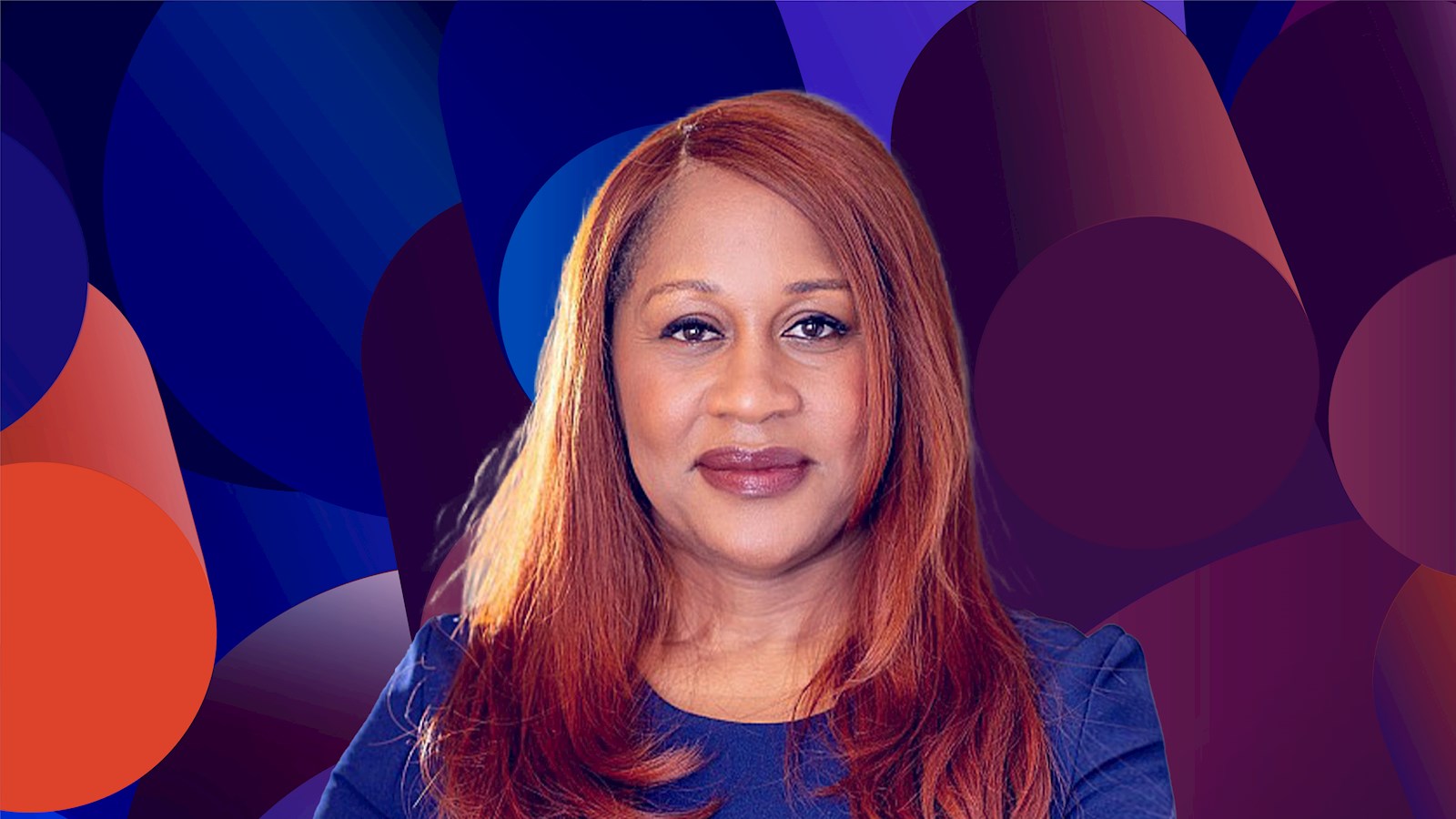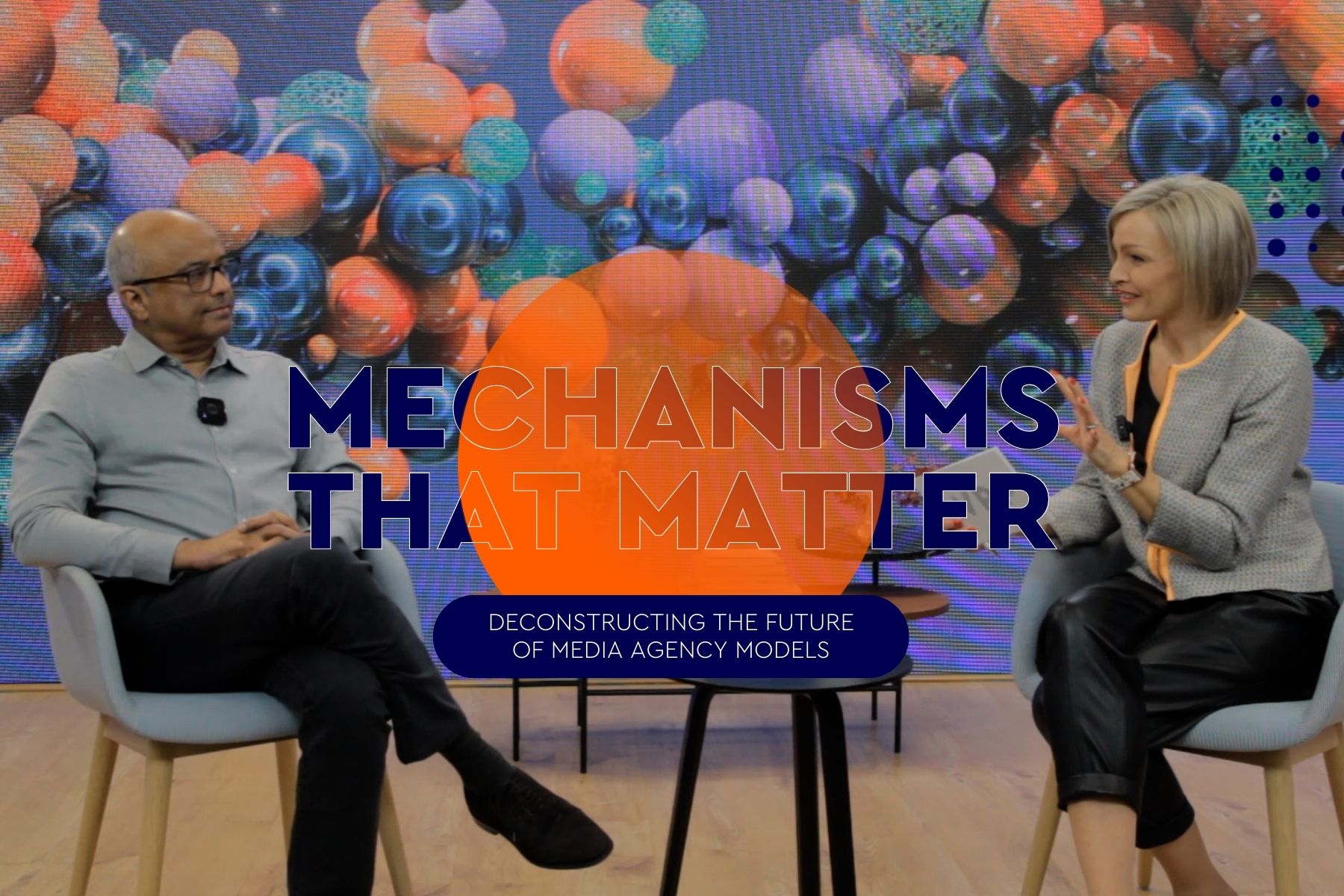
Racial equity is crucial to our industry
All businesses must get comfortable with talking about race. The future of the advertising industry and its clients relies on it, says WPP’s Karen Blackett OBE
Priorities in business shift. Pandemic – preceded by eight years of advertising industry growth – brought about rapid change. Wars, cost of living and inflation have all impacted on business outcomes. For advertising, the resurgence in travel and leisure – not to mention the continuing rise in luxury goods and the CPG sectors – give cause for optimism. But commercial, social, political and economic impacts cause companies to shift their priorities.
This is the industry backdrop against which WPP launched its Racial Equity Programme following the massive shift in public awareness caused by the murder of George Floyd in May 2020.
“It had a tsunami of effect on individuals and society as a whole,” Blackett says. “And because we were all trapped in our houses by the pandemic, we all saw it. It’s not the first time that we saw a Black man beaten on our TV screens – look at Rodney King. The difference this time is that George Floyd died and we all saw it, and we are in a different place as society now compared with 1992.”
This time, the murder of a Black man by law enforcers prompted uncomfortable conversations, and companies wanted to do something. Despite companies having a framework that enables action – environmental, social and governance (ESG) reporting – when it comes to race, action is hard to spot.
Lots of E and G but not much S
“The G is a given. You've got to have good governance,” says Blackett. “And lots of brands are leaning in on the E. On the S, there is action around gender, sexuality, neurodiversity and social mobility but race – especially in the UK and specifically around being Black – is an uncomfortable conversation to have.”
She continues: “Many businesses and organisations were suddenly thrown into this space and confronted with having to talk about Black, not just in relation to their own workforce, but also for their customers. So, race suddenly became a priority, having probably slipped down the list early in the pandemic.”
Good for society; good for business
But even before the murder of George Floyd, the question was being asked: how do we better represent modern Britain in advertising (and within the advertising industry) – not just in relation to race; but in relation to all social dimensions? “As I have always said,” comments Blackett, “diversity isn't a problem to fix; it's actually a solution for growth.”
She continues: “If you can unlock a relationship with a potential customer, it can lead to growth. So, from an advertising point of view, and from an industry point of view, we need more people in our industry that can understand, and have empathy with, the people that we're trying to communicate with. And it's also the secret of creativity. When lots of people from diverse backgrounds come together to problem-solve you get brilliant creativity.”
From an industry perspective, it became essential to do something. WPP’s Racial Equity Programme is an example of what can be done. Blackett says: “Various outcomes of the Racial Equity Programme would have taken years to achieve if it had not been in place. The Programme is a catalyst for change – and it was very needed.” WPP has also supported the launch of the Black Equity Organisation – an organisation that came about in the wake of the murder of George Floyd. This too was facilitated by the Racial Equity Programme.
But, importantly, the industry’s understanding of minority ethnic audiences in the UK, and how it feels and thinks about brands, was not deep enough. That is where the launch of WPP’s Consumer Equality Equation Report came in. “It helps us understand the differences between the minority ethnic audiences in the UK and how they interact with brands in the financial sector, brands that are in the retail grocery sector, brands that are in the beauty sector, and so on,” says Blackett.
“There are so many misconceptions about minority ethnic audiences in the UK, and the Consumer Equality Equation Report shattered some of those misconceptions with hard data. Now we know that this is an audience that's going to double to 27% of the UK adult population by 2061 and is going to reach a cumulative disposable income of £16.7 trillion within that same timeframe. We've not been able to put that in writing before. And any CEO of any organisation, whether that's in the advertising industry or elsewhere, will surely want to tap into a potential audience that can help their organisation or brand flourish.”
Where are we on the priority curve?
Since 2020, there has been so much for governments, businesses and society to deal with, Blackett is concerned that the priority and sustained commitment to racial equity will dissipate. “But the potential for change and the growth opportunity for business haven’t dissipated,” says Blackett. “I also think we’re living in a society that is increasingly polarised. We are hearing noises that cause deceleration and de-prioritisation, and even a backlash. But I am still not seeing an advertising industry that is representative of the city in which we live.”
She also points out that there has been an effort by the advertising industry to recruit Black professionals, but the big effort now should be about retention and progression. “Otherwise, we're a leaky bucket,” she says. “Have we done enough to allow people to thrive? When I look around the industry, I don't see many senior Black women and there should be loads.”
Blackett maintains that race and disability are the last two areas for boardroom attention, largely because of the dearth of representation, despite the huge need for specific skillsets wherever they come from. “So how do we make sure it's a double whammy? That we cover off the need to hire people with specific skillsets – like science, technology, engineering and mathematics – and that people from a Black or a minority ethnic background feel comfortable in our space,” she says.
But we also need to be clear how to show up in the right way for our clients – in all areas of ESG, especially race. “In the UK we run the Client Council to share common problems or gather insights. The highest attended Client Council happened just after the killing of George Floyd – it was way up on the list of priorities for clients,” says Blackett. “That's because there's no single right answer, and there is an enduring need to share experiences.”
published on
23 May 2023
Category
More in Communications

Healthcare communications – diverse, dynamic & different
Communicating about health and healthcare in APAC requires a nuanced and balanced approach

Mechanisms that Matter – How India is fuelling growth for global brands
CVL Srinivas tells Anna Hickey how WPP Open is fuelling a testbed for new working models, innovation, and automation.

Media in India: the future is now
Brands pursuing the Indian market must focus on personalised experiences and data-driven strategies

